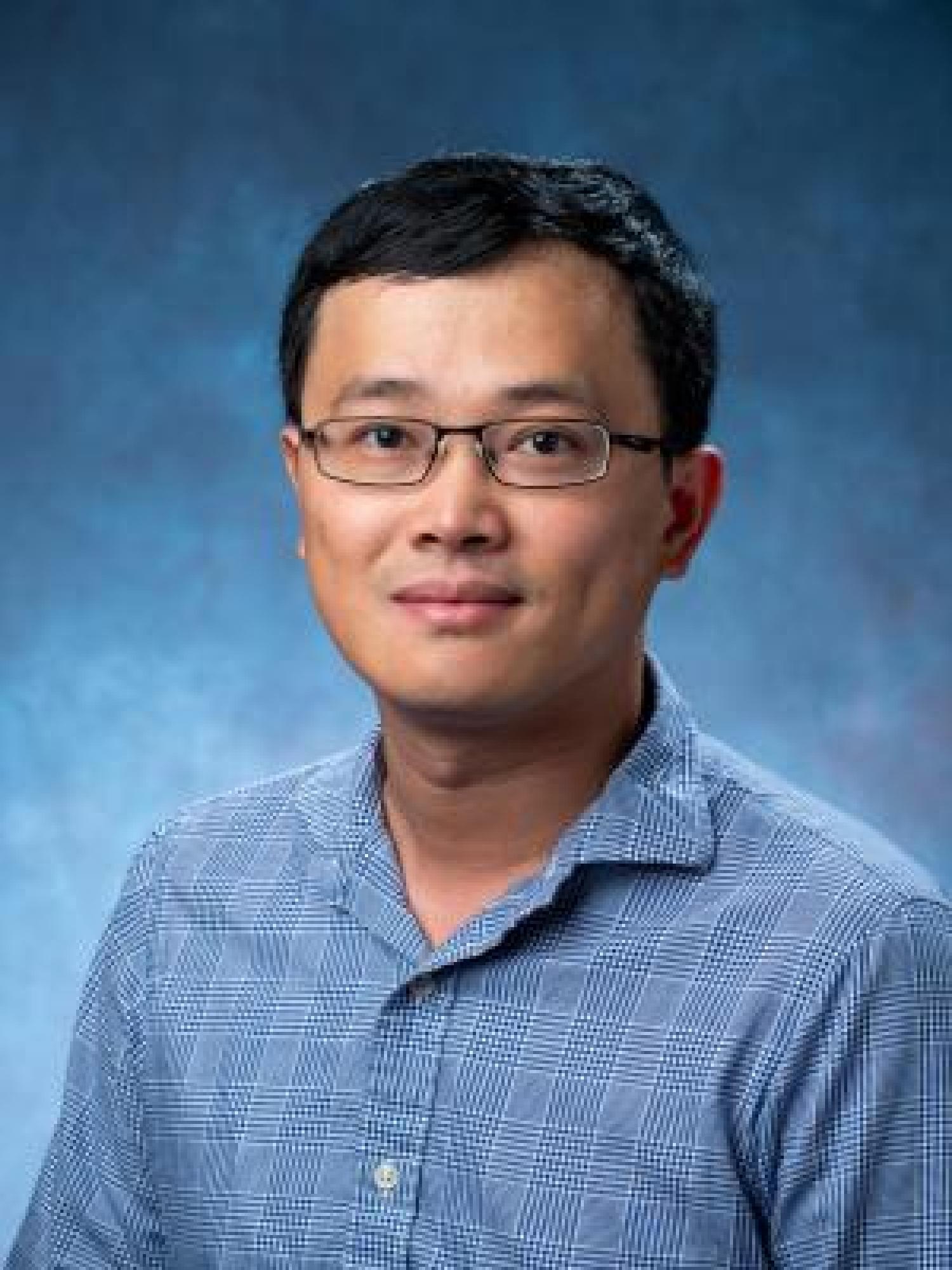New imaging technique could help catch osteoarthritis early

Osteoarthritis is a leading cause of pain and disability among U.S. adults, and the costs associated with diagnosis, treatment and lost wages nationwide are estimated to be in the billions each year.
Assistant Professor Shu-Wei Huang wants to develop imaging techniques to catch the disease in its early stages, when it still has the potential to be reversed.
In this common form of arthritis, the cartilage that protects the ends of the bones breaks down over time, often affecting the joints in the hands, knees and hips. Huang said scientists have identified some early stage biomarkers of osteoarthritis that occur before cartilage is permanently damaged, but current imaging techniques aren’t sensitive enough to “see” them.
“We need to develop a new imaging technology capable of providing microscopic information of articular cartilages that is inaccessible by the state-of-the-art musculoskeletal radiology, like CT scans, ultrasonography and MRIs,” he said.
Huang proposes combining two promising imaging techniques – photoacoustic microscopy and dual-comb spectroscopy – to establish the first dual-comb photoacoustic microscopy for deep- tissue musculoskeletal spectro-imaging.
On their own, each technique has limitations. However, when combined, Huang believes they will allow doctors to see deeper into the body more quickly, making diagnosis more efficient and cost-effective.
“In the future, these technologies could also be applicable to other research fields like surgical guidance, cancer assessment, transcranial neuroimaging and stimulation,” he added.
Huang plans to collaborate with researchers in CU Boulder’s Biomedical Engineering Program and on the CU Anschutz Medical Campus, where he is already involved in the AB Nexus initiative. That effort combines expertise in medical and clinical research at Anschutz with engineering and life sciences research at CU Boulder.

